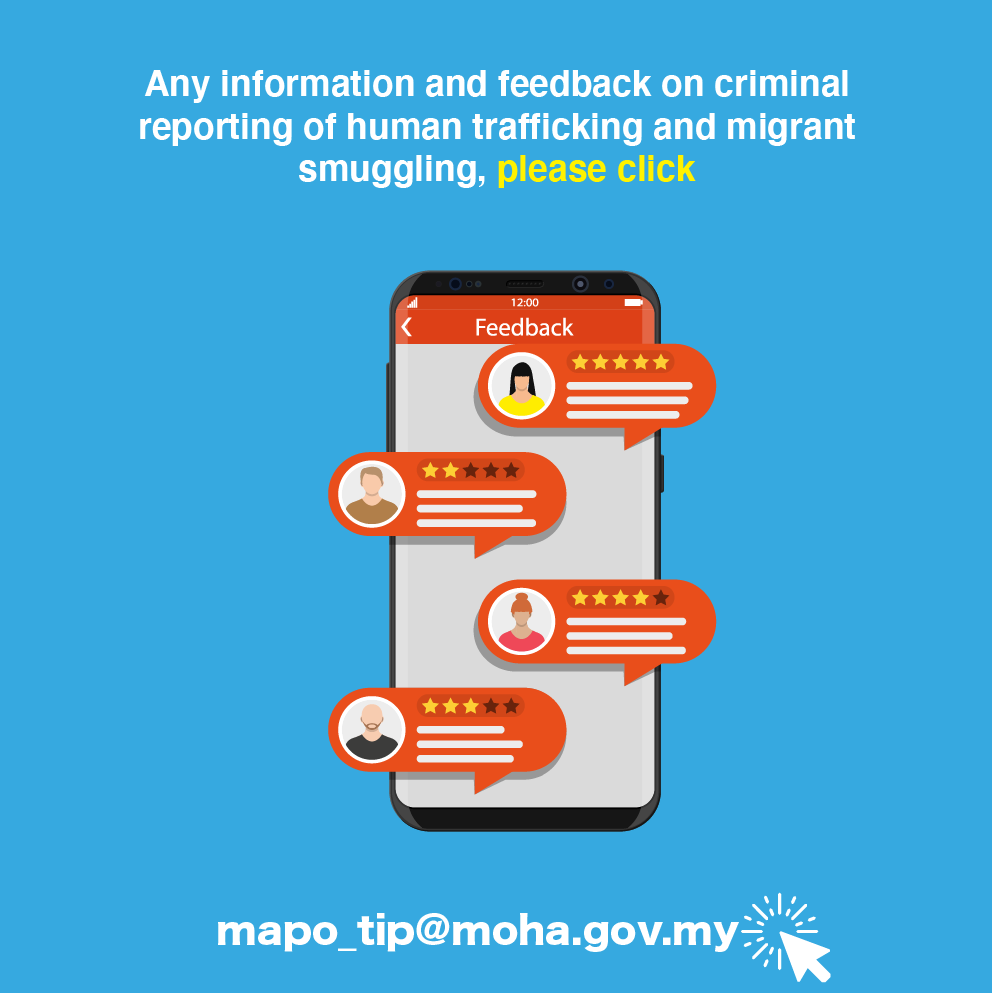As 2020 bows out, let’s reflect on our blessings

By M. Saraswathi
KUALA LUMPUR, Dec 25 – Given the many stories written on how unfortunate 2020 has been, Santa Claus’ Christmas message on social media came as a refreshing piece of news.
Santa referred to the global battle against the novel coronavirus as “a very special situation”.
In the 43-second video from Rovaniemi, Finland, Santa Claus addressed worried kids around the world on the Christmas celebration, assuring them that all preparations at the Arctic Circle in Lapland are going on extremely well and that they should be “good and nice” and follow physical distancing rules. As many of you may know, Rovaniemi is the “official” home town of Santa Claus.
Indeed, 2020 has been special in many ways. For one, it made us realise the importance of hygiene and sanitation.
Sadly though, the World Health Organisation (WHO), in a report entitled ‘Hand Hygiene for All’, said three billion people -- 40 per cent of the world’s population -- do not have a place in their homes to wash their hands with water and soap.
Three-quarters of those who lack access to water and soap live in the world’s poorest countries and are among the most vulnerable: children and families living in informal settlements, migrant and refugee camps or in areas of active conflict.
This puts an estimated one billion people at immediate risk of COVID-19, simply because they lack basic handwashing facilities.
Hence, the COVID-19 pandemic is a stark reminder that one of the most effective ways to stop the spread of a virus is also one of the simplest: hand hygiene. It not only protects us from contracting the disease but also stops transmission to other people, revealed the 13-page WHO report.
In Malaysia, investment in the sanitation sector kicked off since independence in 1957. Although there are still challenges that need to be addressed, such as the numerous unscheduled water disruptions and pollution of rivers, a majority of the 32 million people in the country has access to basic sanitation needs.
A study in the year 2000 by WHO and the United Nations Children’s Fund Joint Monitoring Programme for Water Supply, Sanitation and Hygiene revealed that 98 per cent of the urban population and 94 per cent of the rural population had access to basic sanitation.
Secondly, 2020 has taught us to be grateful.
At the time of writing this commentary, COVID-19 cases in Malaysia has surpassed 100,000, of which 18,773 are active cases. A total of 446 people have succumbed to the disease.
Among the most heart-wrenching stories was the case of a family in Sarawak which lost three of its members to COVID-19 in April and that of a one-year-old girl in Sabah, Malaysia’s youngest victim of the coronavirus.
Lockdowns to curb the spread of the virus also affected the livelihood of thousands of people in Malaysia.
The unemployment rate spiked to a record high of 5.3 per cent in May. Although it eased eventually, after the gradual reopening of the economy and various stimulus measures and initiatives by the government, it cannot be denied that some businesses and jobs remain vulnerable, especially in the aviation and tourism sectors.
Until and unless the borders are reopened and travel restrictions lifted, these sectors will find it difficult to recover. According to the International Air Transport Association (IATA), global carriers would lose US$84.3 billion (US$1=RM4.07) this year, making it the worst year in aviation history, with air traffic not recovering fully until 2024.
Hence, if you have made it to the tail end of 2020 without having to go through the agony of family members or friends getting infected by the virus, losing their lives or livelihood or even being separated due to the border closures -- that is something to be truly grateful for.
Thirdly, 2020 reinforced the fact that Malaysians, by nature, are kind and good.
For Malaysians, it doesn’t matter if it is an ex-pilot’s noodle shop, an armless boy’s nasi lemak, a cancer-fighting student’s struggle to make ends meet or an elderly food delivery person in need -- when someone needs help, they are there to assist.
It was uplifting to read the countless stories of Malaysians of all walks of life rallying behind those in need and giving them the necessary lift, not only in the form of finance but also in terms of shelter and emotional support.
A few community support groups also flourished during the year. One of the earliest of was created at the start of the lockdown in March with about 500 members. It had its “caremongering” page on the social media site, Facebook, to help vulnerable people.
It was a community response to the COVID-19 pandemic. It called upon young people to help out by checking on their neighbours, especially the elderly, shopping for their groceries, as well as getting their medicines from pharmacies during the seven-week lockdown.
The group didn’t vanish after the movement curbs were lifted. It expanded to boast some 11,300 members and is marching on with their help, further strengthening the belief in humanity and that Malaysians, in general, have a heart of gold.
So, with the “special situation” 2020 presented us, let's reflect on our blessings and cherish them.
Merry Christmas!!!
-- BERNAMA
Keywords
More News
CONTACT US
Pejabat Strategik Nasional Majlis Antipemerdagangan Orang dan Antipengeludupan Migran (MAPO)
Kementerian Dalam Negeri
Aras 2, Blok D7, Kompleks D,
Pusat Pentadbiran Kerajaan Persekutuan
62546 Putrajaya
Malaysia
+603-8880 8854
+603-8880 8829
nsomapo[at]moha.gov.my
Category
• Corporate Information
• National Report Malaysia 2020-2021
• Annual Country Report 2021-2022
• NAPTIP
• Directory
• News
• Images
• Infographics
• e-Booklet









